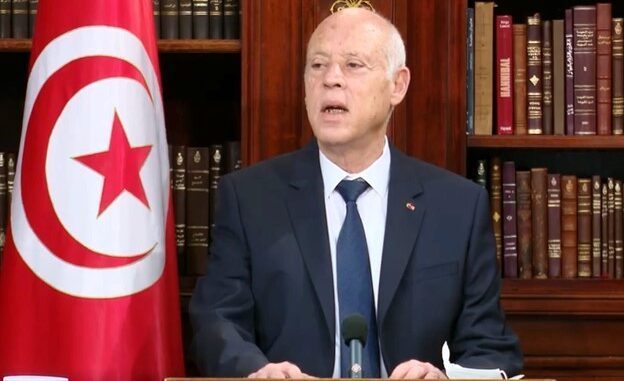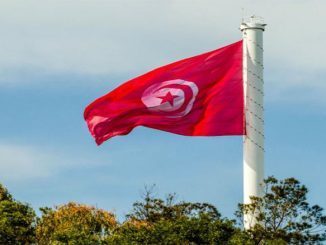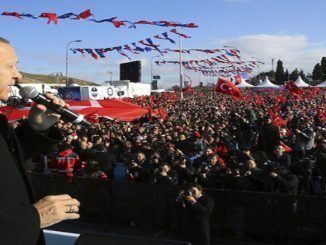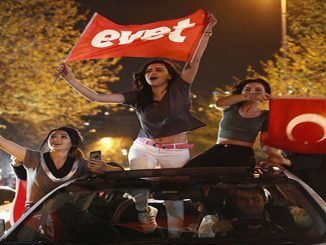
After the Venice Commission criticized President Kais Saied’s plans for a constitutional referendum, Saied declared the organization persona non grata and told it to “take care of its gondolas” instead.
On May 27, the Venice Commission—the Council of Europe’s advisory body on constitutional matters—criticized President Kais Saied’s plans for a constitutional referendum, prompting Saied to declare the organization persona non grata and urge it to “take care of its gondolas” instead.
In its opinion, the Venice Commission described the president’s plan for constitutional reform as “extra-constitutional.” It reserved particular criticism for the “unconstitutional” Decree 22, through which Saied unilaterally reorganized the Independent High Authority for Elections (ISIE), describing the decree’s repeal as “essential for the legitimacy and credibility of any electoral process or referendum.”
“It is not realistic to plan to hold a constitutional referendum in a credible and legitimate manner in the absence of clear rules, established well in advance, on the modalities and consequences of holding such a referendum,” the commission added.
Any referendum, the commission said, should be preceded by a “broad consultation of political forces and civil society,” the repeal of Decree 22, and parliamentary elections. The new parliament would then be responsible for amending the constitution or setting up a new one, taking into account the results of Saied’s national dialogue.
In response, Saied threatened to pull Tunisia out of the Venice Commission and expel its representatives. “Those who want to interfere at all costs in the choices of the Tunisian people are no longer welcome in Tunisia,” he stated.
Tunisia continues to accept funding from European institutions, including a $320 million loan from the European Union just last week.
Even as the president attacks the Strasbourg-based “gondoliers,” opposition to his referendum is also growing closer to home.
Local NGO IWatch, for instance, is calling on citizens to boycott the referendum, accusing the president of seeking to demolish state institutions.
The Somoud coalition, in contrast, has supported the referendum, but it is calling on Saied to include political parties—at least those who support him—in the constitutional drafting committee and to postpone the referendum until October 23.
The Tunisian General Labor Union (UGTT), meanwhile, reiterated its refusal to participate in the committee and said it had not been notified before being invited. “Imposing a unilateral vision will only deepen the suffocating crisis in the country,” the union complained.
The UGTT is also on a collision course with the government over economic issues, with the union today announcing a national strike for June 16.
The decision comes after the government proposed “urgent measures” to cut public sector pay, one of the requirements for reaching a $4 billion agreement with the International Monetary Fund (IMF). The UGTT is instead pushing for wage increases, given the impact of high inflation, and is also fighting against the privatization of state enterprises. The union accused the government of “undermining the principle of negotiation and backtracking on previously agreed deals.”
UGTT Secretary-General Noureddine Tabboubi revealed that the union is drawing up its own, completely different reform program to present to the IMF. The union might be heartened by the results of a new Afro barometer poll, which found that 86 percent of Tunisians want to keep subsidies in place and would prefer more state debt over higher taxes. (Despite Saied’s high-profile campaign against corruption, two-thirds of respondents also said that corruption has increased in the last year.)
Fitch Ratings said yesterday that UGTT buy-in “would strengthen the credibility of an economic reform programme and substantially increase the likelihood of an IMF funding arrangement,” whereas “passing political and economic reforms without the UGTT’s backing would be challenging.” A failure to reach an IMF deal, Fitch warned, could trigger “severe external liquidity strains.”



